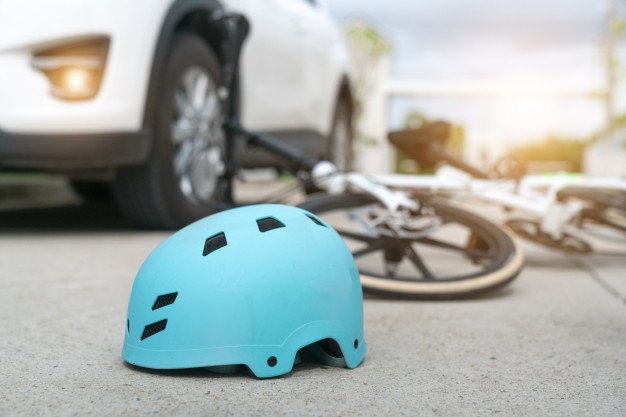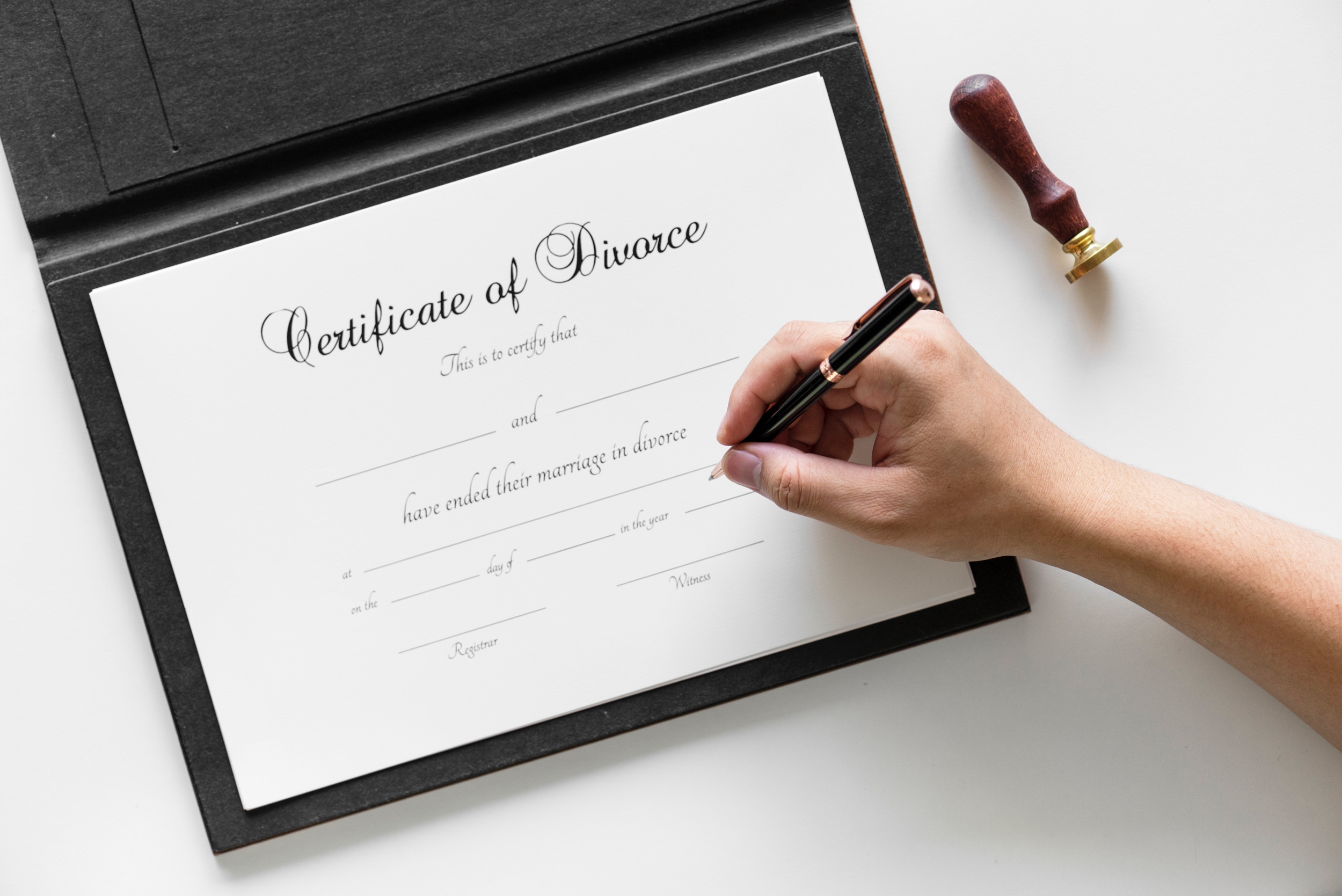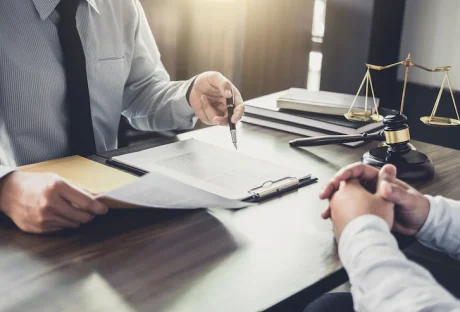It’s scary when a bike crashes into a car or a car into a bike. Fortunately, there’s something you can do about it. If you’re riding a bike, however, it’s important that you know how to deal with the situation after the crash. What you do after the incident may have a huge effect on your recovery from damages and injuries to your bike and to yourself. Moreover, it may also impact the result of any lawsuits.
Below are the things you need to do to access the best resolution after a cycling accident.
7 Approaches to Adopt to find the Best Solution after a Cycling Accident:
1. Wait for the authorities to arrive:
Right after the accident, you should wait for the police to arrive first so they can work on writing a police report, even if you think you are unharmed. Not a lot of people actually realize they’ve been injured until a few hours after the accident. Some people attain minor injuries, but these could develop into a much serious problem later on. And if you choose to let the whole thing go and leave the accident scene, you will lose the chance of identifying the at-fault driver or the person involved in the accident.
While waiting for the police to arrive, never attempt to negotiate with the driver. Most people would apologize and accept blame, but you’ll never know what they’re capable of when suddenly faced with an impending lawsuit. Some drivers would later deny their negligence and even deny they were involved at all.
Always wait for the police to come so everything gets documented in their police report. Also, the police can ticket the driver, which is very useful in the future when you’re starting to settle the case with your insurance company.
2. Relay your version of what happened into the accident report:
Some police officers end up talking to the motorist to get a statement of what happened and not bother talking to the cyclist. Given this tendency, you must do everything you can so you can get your version out and recorded into the accident report. Your injuries may be very little or minor, but make sure they are recorded. For all you know, those minor injuries may later develop into something more serious.
Should it happen that the officer in charge of the accident scene refuses to include your statement in the police report, have the report amended later.
3. Get driver and witness details:
Remember to get the name of the driver who is at fault, driver’s license number, phone number, address, insurance details, and vehicle license number. You should also get the names and contact information of people who have seen the accident. Don’t rely on the police alone to get this information for you because they may fail to do so. If in case you have acquired serious injuries and cannot get the necessary details, ask a witness or a bystander to help you out.
4. Document the accident:
If it’s possible, remember even the tiniest details of the accident. Take note of what happened, how the whole thing transpired, and where the location of the accident is. Additionally, document the weather, traffic, and road conditions. It would help you greatly if you can write all of these down.
5. Document your injuries:
If you’re hurt, request for medical attention immediately. Even if the injuries are minor, you should always get help from first aid responders as this can help prove that you were in fact injured. This will be included in your medical records including the extent of your injuries. Also, see to it that the areas injured are photographed as soon as the accident took place. After the accident, you can also record in a journal what and how you’re feeling as well.
6. Preserve evidence:
Never touch the state of your bike and other things nearby and on the accident area itself. Do not try and fix anything before the police arrive. Do not wash your clothes, and do not let anyone touch your helmet or bike before documentation takes place. Take photos of yourself and damaged equipment and send them to nobody else but your attorney.
7. Turn to a professional for advice:
Expect complex legal issues after the accident. For this reason, you will need a bike accident attorney who understands this type of accidents. An attorney can:
- Represent you in a lawsuit
- Negotiate with the respective insurance companies, and
- Advice you on the next steps to undertake.
Before communicating with anybody else, especially your insurance company, talk to your attorney first. Remember that whatever you said right after the accident can be used against you later on. Sometimes, all it takes is a letter from a law firm to the insurance company in order to resolve issues. Your attorney can also help you settle your injury case without having to go to trial.
What Not to Do After a Cycling Accident:
In the event of a crash, the person who has caused the crash is liable to pay you for damage through his insurance provider. This compensation would not just be restricted to medical fees, but also for destruction to property. However, this won’t be possible if you fail to document the damages. You can’t get a claim simply because there is no evidence.
To get the best possible evidence, do nothing until everything is recorded and documented. Seeking help from a qualified and certified attorney can help you take these steps. If it is not possible for you to wait until all your equipment is fixed, make sure to take a record of all the damage that has been done thoroughly before starting to tinker with it. Your photos should be taken from multiple angles in order to prove before a court of law or an attorney, or the insurance agencies about the damages if it’s necessary.
Talk to an Expert Today:
You can always rely on Murphy’s Law Cycling Accidents Brisbane to help you navigate the challenging legal issues that happen after the accident. An initial round of discussion with them is confidential and free. Professionals who deal with such cases or have prior experience of them can help you with what you should do, and what you should avoid doing that will compromise your situation. The team’s accident lawyers will look after the administrative process and will help you gather the necessary evidence. Call now for a free case assessment.
Read Also:






















